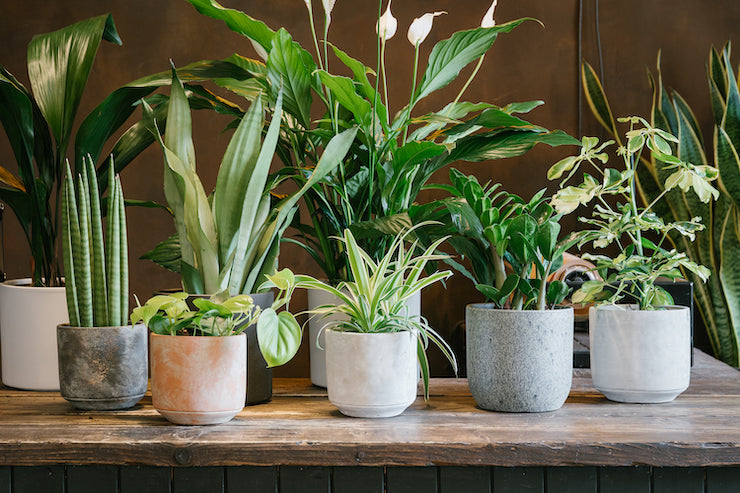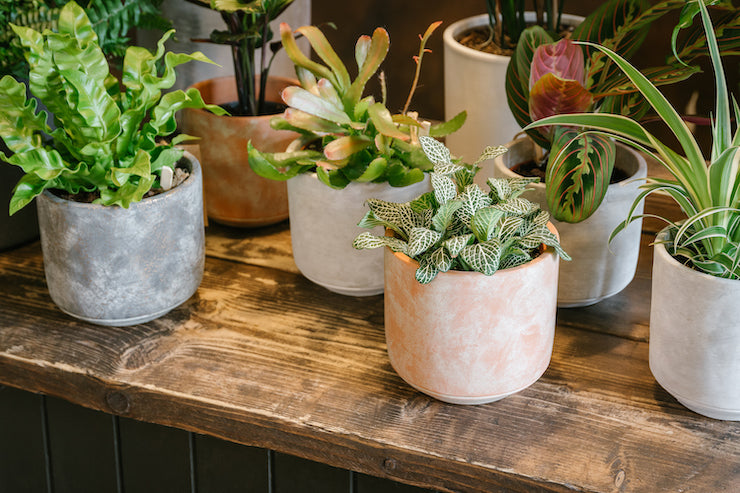
Do Houseplants Sleep at Night? How Plants Recharge & Help You Sleep
Is there anything more rewarding than spotting a change in your houseplants since the last time you admired them? Whether it's fresh new growth or the fascinating way their leaves move throughout the day, plants bring real joy into our homes.
We all remember from our school days that plants produce energy through photosynthesis. We feed them during the growing season to support that process – but do our leafy companions ever rest? Like us, do they take time out at night to recharge for a new day of growth?
Yes – Houseplants Do Rest at Night
Technically, plants don't sleep in the way humans do, but they do go through a period of rest. Houseplants follow a natural 24-hour cycle known as the circadian rhythm. When the sun goes down and light levels drop, photosynthesis stops, so plants use this time to recover and reset. This includes cell repair, root growth and internal development.
Some plants visibly respond to the loss of light. Marantas, for example, raise their leaves at night – a behaviour known as nastic movement. This is when a plant reacts to a stimulus like light, temperature or touch, resulting in a change in appearance. In this case, leaves fold upwards in the dark and return to their open position by day, ready to soak up sunlight for photosynthesis.
Do Plants Help Us Sleep Too?
We're often asked if houseplants can improve sleep quality – and the answer is yes, to a degree. It's not the same as a sleep aid, but there are real benefits to having greenery in the bedroom.
Firstly, plants can help improve air quality by filtering out toxins. Some species, like peace lilies, sansevieria and certain ferns, continue to release oxygen at night. While one plant won't transform your air, having a group of healthy houseplants can make a noticeable difference over time.
Studies show that the presence of plants can help reduce anxiety, lower blood pressure and calm the nervous system – all of which support a better night's sleep. Plants also increase humidity through a process called transpiration. This added moisture in the air can ease dry sinuses and reduce congestion, leading to less disturbed sleep.
Time to Build Your Jungle Bedroom?
While plants don't drift off like we do, they do use the dark hours to recharge – and in doing so, they help us do the same. So if you've been thinking about adding more greenery to your bedroom, this is your sign. Create your very own indoor jungle and enjoy the restful, calming space that comes with it.
Check out our range of Easy Care Indoor Plants which are suitable for your bedroom.



